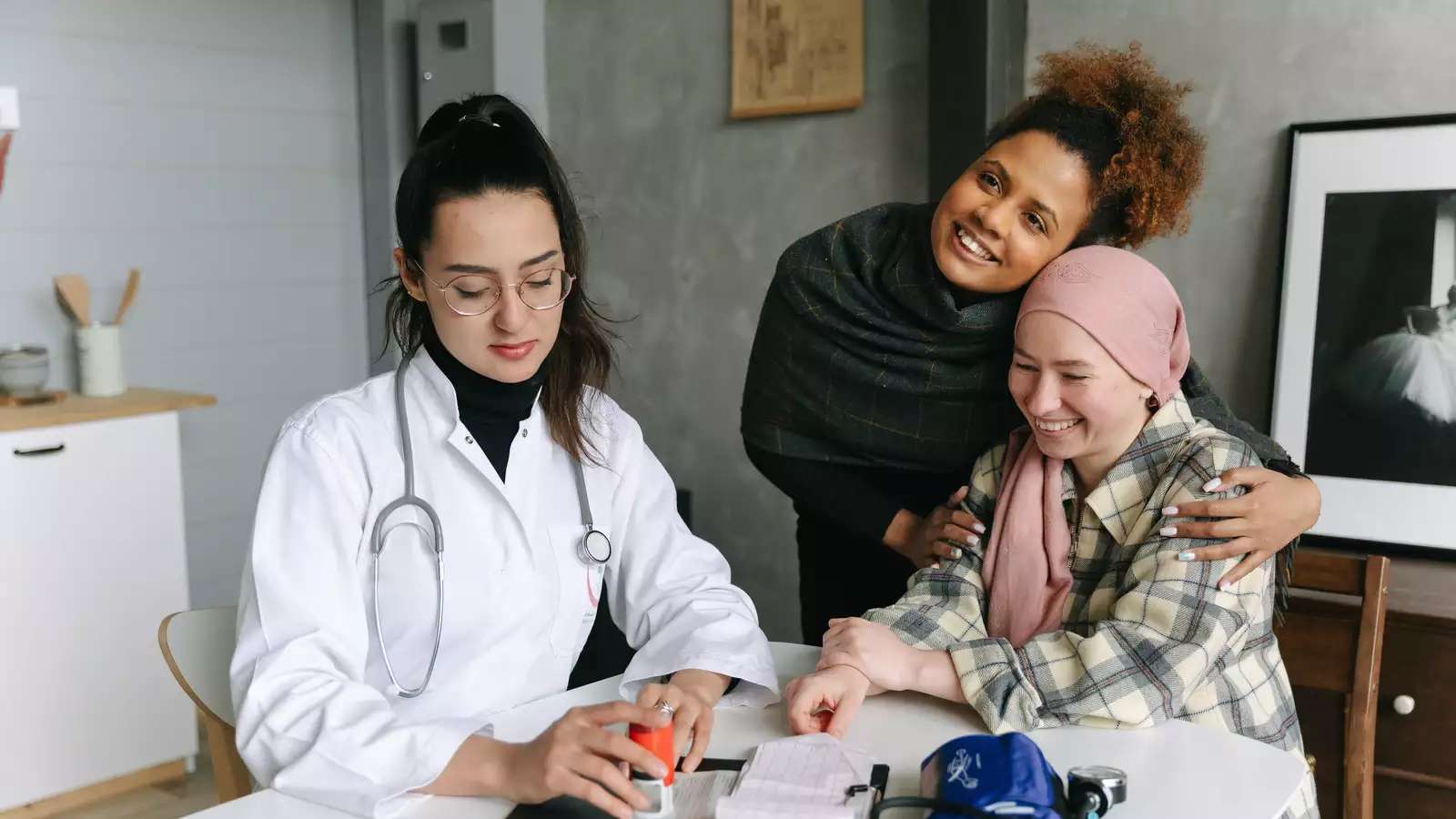Health & Society Institute
Health & Society Institute

Monday, July 20 - Friday, August 7, 2026
This program examines the interplay of science, medicine, and the experience of health and illness by way of epistemological questions—“How do we know what we know?”—to appreciate not only what becomes defined and recognized as a disease, but the power relationships that produce these effects. This program takes up current and historical examples to interrogate how the benefits of advances in science and medicine remain unequally shared, while exploring critical tools social scientists have offered as possible interventions. Major themes from this session will address biomedicine as a cultural system, the politics of surveillance and care, the performance and rituals of healing, the structure of the US public health system, and others. Students will be engaging with work from a range of scholars, including anthropologists, philosophers, historians, physicians, scientists, and journalists, also with an eye to how these perspectives can inform the health experience of living in New York City.
Students will also take a concurrent course on understanding the lived experiences of health and wellness through qualitative research techniques.
Program Structure
Theory and Concepts
Applying analytic tools from social science to a range of source materials, our shared learning community will address questions such as:
- How does scientific knowledge interact with other forms of representation?
- In what ways can we assess the quality of expertise and role of experts?
- Does biomedicine have a culture?
- What is the history and economic structure of the US healthcare system?
- Through what mechanisms do inequalities in health outcomes become reproduced?
Qualitative Research
At the same time, students will also:
- Understand some techniques and practices of qualitative research.
- Explore the stages of developing and executing a research project.
- Recognize the ethical implications of working with informant/consultants.
- Experience interviewing and working with informant/consultants.
Meet Your Instructors
Gina Jae
Gina Jae is a medical anthropologist and currently term assistant professor in the Department of Anthropology at Barnard College. Before becoming an anthropologist, she was clinically trained in internal medicine and pediatrics; in a nutshell, Gina enjoys learning from people and their social ecologies. Her scholarly interests include the study of power relationships in the making of scientific and clinical knowledge, the repercussions of introducing novel technologies to address existing resource scarcities, and the ethics and politics of ethnographic research methods. The parent of two teens, Gina is reminded daily of the importance of preparing our young people for the future.
Maxine Weisgrau
Maxine Weisgrau, PhD is a cultural anthropologist with long-term fieldwork experience studying NGOs in India. She is the author of Tapestry of Culture, an introduction to cultural anthropology. Maxine teaches undergraduate and graduate courses in anthropology, gender and development, and qualitative research methods. In all her teaching and writing she shares her boundless enthusiasm with students for understanding the value of cultivating anthropological perspectives in their everyday life.
Academics + Life Beyond the Classroom
Connect classroom learning to real health challenges across New York City. In the Health and Society Institute, you will choose one course for the full session and build depth through case studies, short research assignments, and data or fieldwork activities. Expect close reading on public health and policy, practice with qualitative and quantitative methods, and frequent feedback that sharpens how you use evidence to make an argument. Classes meet in the morning and the afternoon.
On campus, you will find writing hours, study groups, and faculty office hours alongside low-stakes ways to reset. Residence hall programs build community with game nights, film screenings, silent disco and more. Weekends feature more excursions that allow you to explore to city. You will also have access to college-readiness sessions on topics like time management, research skills, and navigating campus resources. The result is a balanced schedule that sharpens your mind, expands your network, and keeps you engaged from classroom to city block.
Technology and Academic Support
Canvas is your academic hub. You will find your syllabus, assignments, readings, grades, and discussion boards there, and you can message instructors and classmates directly through the platform.
All students receive a PCP email account for the duration of the program. Use this account for Canvas access and all official communications.
We will walk you through the required tools in the Student Manual and during Orientation, including how to log in, check course updates, submit work, and contact your instructors. If you need help at any point, our team will point you to the right support and troubleshoot common issues quickly.
Eligibility
This program is open to rising juniors and seniors in high school.
Program Dates
Session 2: Monday, July 20 to Friday, August 7, 2026
Tuition Rates
Residential: $10,771
Commuter: $8,160